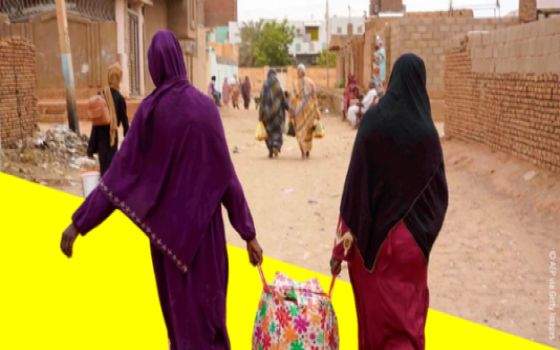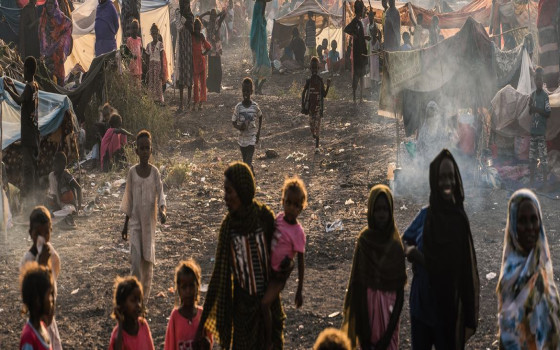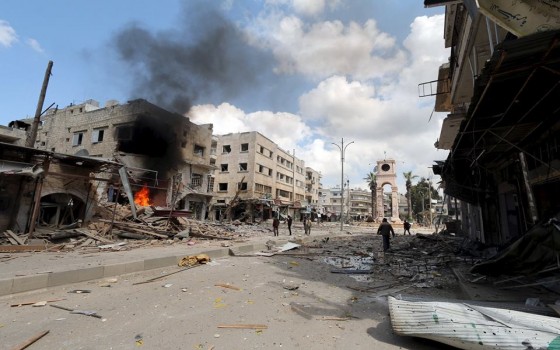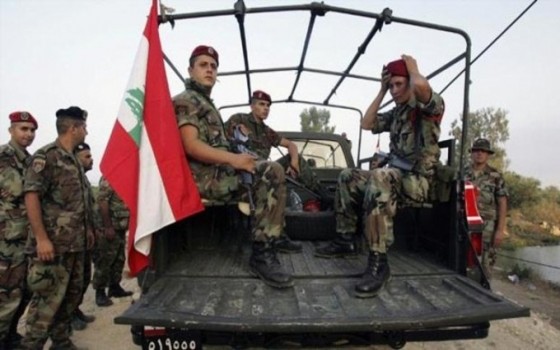Amnesty International: Signature campaign to achieve justice for victims of sexual violence in Sudan in solidarity with a nurse who was raped by Rapid Support Forces soldiers... El Fasher still suffers from a siege

- Europe and Arabs
- Friday , 3 October 2025 11:10 AM GMT
Brussels - Khartoum: Europe and the Arabs
Under the title "Demand Justice for Batoul and Other Survivors of Sexual Violence in Sudan," Amnesty International said in a statement distributed in Brussels, a copy of which we received. "Batoul, a nurse and mother of six, was beaten and raped by Rapid Support Forces soldiers while trying to help wounded soldiers. She is one of the many women who have suffered sexual violence in conflict-torn Sudan. Batoul now lives in a refugee camp in Uganda and has bravely shared her story."
The statement said, "Sign the petition. Demand justice for Batoul and other survivors, and help ensure that victims receive the medical, psychological, and social support they need."
For his part, the UN High Commissioner for Human Rights called for urgent action to prevent widespread attacks and atrocities motivated by ethnicity in El Fasher, as the Rapid Support Forces intensify their offensive to seize control of the long-besieged capital of North Darfur state. High Commissioner Volker Türk said in a press statement: “After more than 500 days of ongoing siege by the Rapid Support Forces and ongoing fighting, El Fasher is on the brink of an even greater catastrophe unless urgent measures are taken to ease the armed grip on the city and protect civilians.”
Reports of the deployment of long-range RSF drones in South Darfur have raised serious concerns about the potential for an escalation of hostilities in the coming days.
The statement stated that civilians continue to bear the brunt of indiscriminate and direct attacks as fighting intensifies in El Fasher. Between 19 and 29 September, at least 91 civilians were killed by artillery shelling, drone attacks, and ground incursions carried out by the Rapid Support Forces.
The High Commissioner stressed the urgent need to ensure the protection of civilians remaining in El Fasher, including those who may be unable to leave, such as the elderly, people with disabilities, and those with chronic illnesses. He also stressed the need to ensure safe and voluntary passage for civilians to leave El Fasher, and throughout their movement through the main exit routes and checkpoints controlled by various armed factions. This followed repeated reports of serious violence against those fleeing, including summary executions, torture, abductions, and looting.
The High Commissioner noted the risk of a recurrence of patterns of violations and ethnically motivated attacks against civilians, similar to what occurred during the previous attack by the Rapid Support Forces on the Zamzam camp for internally displaced persons in mid-April, which included the systematic use of sexual violence against Zaghawa women and girls.
He also called on the parties to the conflict to allow immediate and unhindered access for much-needed humanitarian aid into the city.
Türk emphasized the explicit prohibition, under international humanitarian law, on the use of starvation of the civilian population as a method of warfare and the obligation to protect humanitarian workers, including local responders.
The High Commissioner also urged all parties and states with direct influence on events on the ground to take urgent measures to prevent atrocities. He said, "Atrocities are not inevitable; they can be avoided if all actors take concrete steps to respect international law, demand respect for civilian lives and property, and prevent the continued commission of atrocity crimes."














No Comments Found